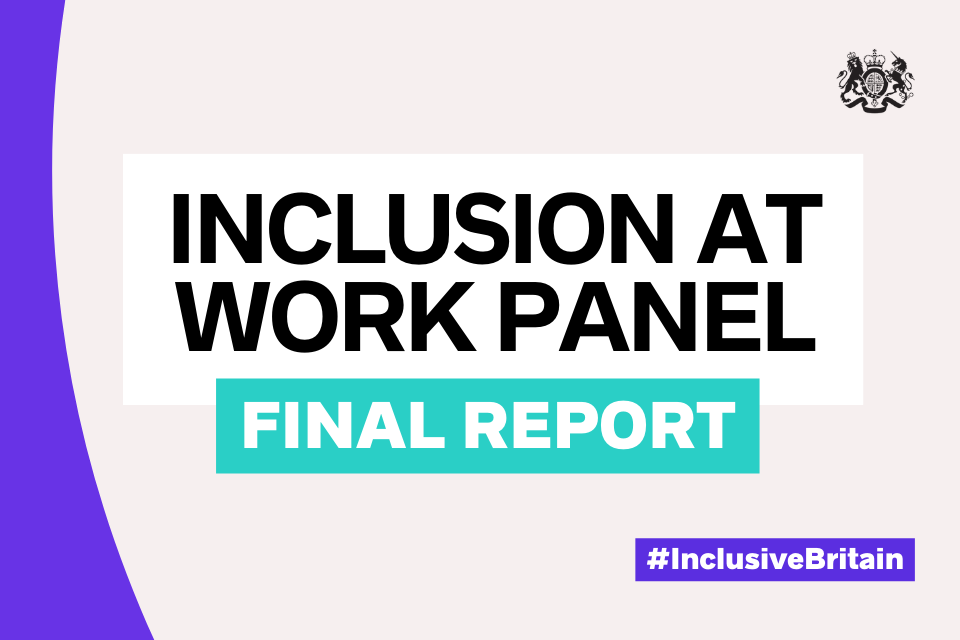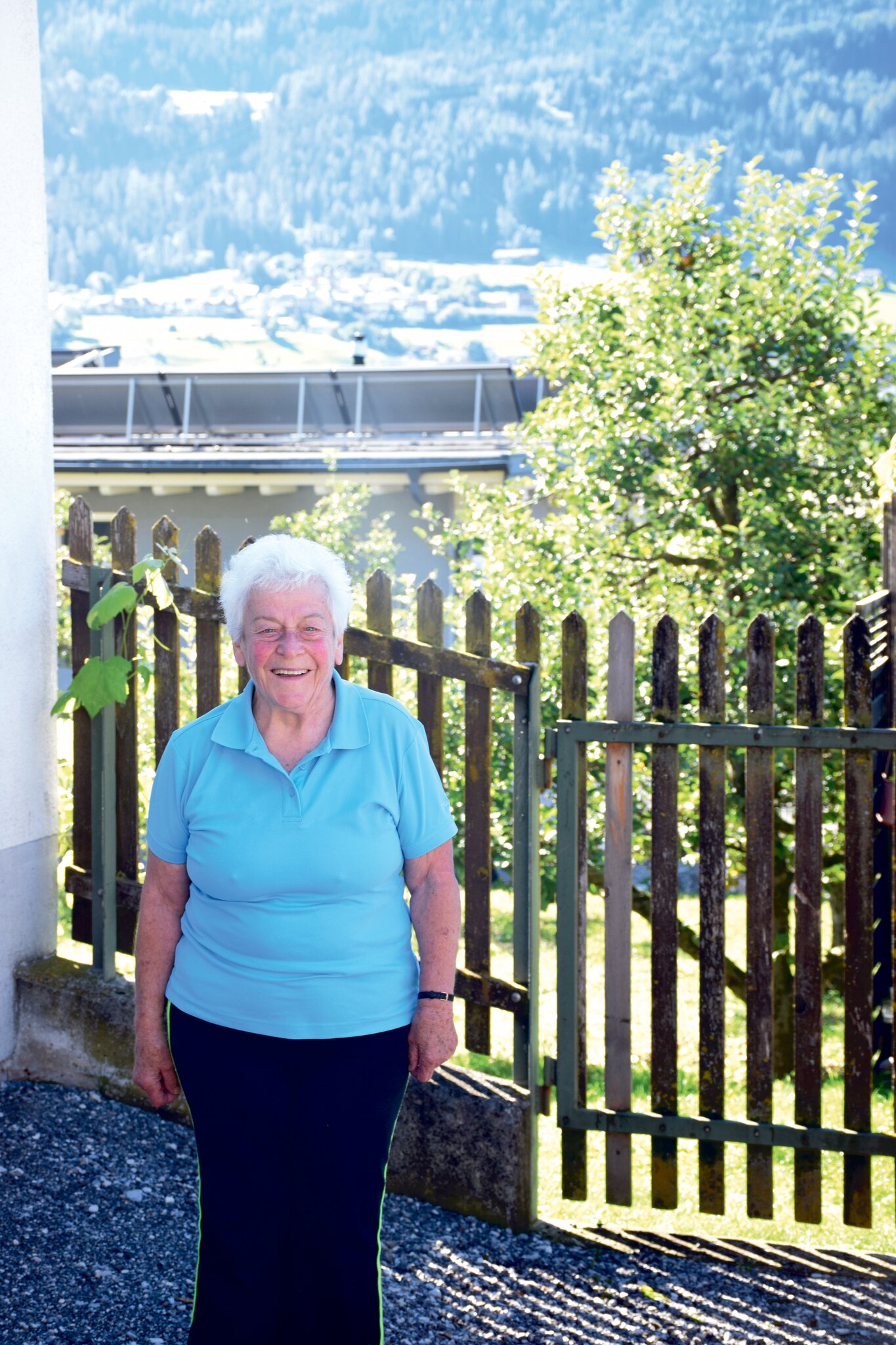Monica Fink suffered a stroke. On the occasion of World Stroke Day, she tells her story.
It turns out here that every minute counts, especially in the case of a stroke, and that persistence and perseverance are very beneficial, especially in terms of rehabilitation. “It was different in the morning,” Monica Fink says, “I felt a little strange when I went to the kitchen to make myself some tea a little before six. I felt like it was harder than usual.” When she wanted to fill the tea water in the bowl, it fell from her right hand. Her husband, who found her cleaning the water shortly thereafter, soon noticed that something was wrong and informed his daughter-in-law. Then everything happened very quickly. The daughter-in-law immediately called the rescue service, and Mrs. Fink immediately went to Zams Hospital then straight to Clinic in Innsbruck Bring. “I was very well taken care of there,” Monica Fink remembers.
“I go on!” – Monica Fink
perfect organization
In the clinic, everything else has been arranged by the Tyrolean outpatient stroke care team, so that outpatient rehabilitation can begin in your four walls as soon as you return from the clinic. “After a short time I was able to go to Munster for rehabilitation”, Mrs. Fink says: “These four weeks were very stressful, but they were also very important. I always tried to help and participate very well because half of my body was very weak.”
Outpatient Rehabilitation
“Outpatient rehabilitation at home helped me the most,” Like Mrs. Fink. According to Ms. Fink, therapists Vera Winter (physiotherapist) and Gerlinde Hammerley (physiotherapist) have achieved incredible things. “It is convenient that the treatment is done at home,” So Mrs. Fink, as well: “The two therapists were so warm that I was happy when they were there.” Mrs. Fink’s perseverance paid off: she could now walk to her beloved Obstpangert independently and unaided. The road is not easy – many steps, a gravel track and bumps separated you from it at first. “Besides, knitting works better again. It was very difficult at first.” Remembers Mrs. Fink, “But my grandchildren want socks from my grandmother, and I love doing that.” Ms. Fink also has a little advice for other patients: “Even if it’s super stressful, go ahead, and don’t give up, it’s worth it!”
Warning Signs – Sudden Start
- visual disturbances
- strong headache
- Speech disturbances/difficulty understanding
- Paralysis/numbness on one side of the body
- hanging corner of the mouth
- Dizziness with unsteady gait
If you see such signs, call emergency number 144 immediately!
www.schlaganfall-tirol.info
Down to work:
The “Integrated Patient Pathway/Treatment Pathway. Stroke Tirol” is a patient-oriented and evidence-based supply chain from rescue to reintegration into the daily lives of those affected. Outpatient aftercare in the home environment for the affected is unique in Austria and is of particular benefit to the affected and their families.
Affected people from all over the Tyrol report under MeinBezirk.at/weltschlaganfalltag

“Alcohol buff. Troublemaker. Introvert. Student. Social media lover. Web ninja. Bacon fan. Reader.”





More Stories
Huge radiation explosion from a magnetar – forschung.de
Principles and features of the folk nutritional principle
Science: The percentage of women in mint topics rises to a third